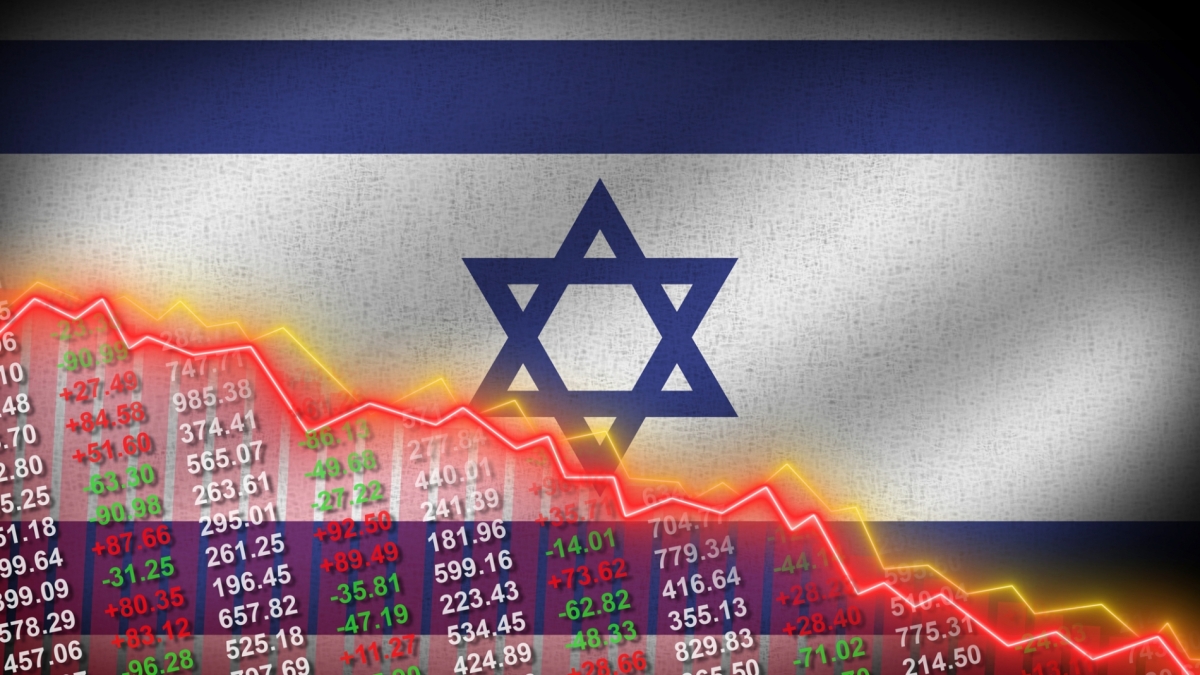The Implications of the War on the Israeli Economy and Society

Recent developments indicate that the circle of isolation is expanding unprecedentedly, as several Western countries are preparing to announce their official recognition of the State of Palestine within days at the United Nations, a step expected to be followed by other diplomatic and political measures against Tel Aviv. This diplomatic shift is met on the ground with a deteriorating economic reality, where Israeli businessmen are facing increasing difficulties in concluding commercial deals.
The President of the Israeli Manufacturers Association describes the situation as "not well," affirming that importers and exporters are facing "increasing rejection to deal with them." Reports speak of major European companies that have decided to cut ties with Israeli companies due to policies that prohibit dealing with countries that "violate human rights," while European clients have stopped submitting orders to Israeli companies.
This quiet economic boycott is no less serious than official sanctions; it seeps through markets, investments, and commercial contracts, gradually weakening Israel's economic position and deepening its political isolation. Economic analysts warn that these developments are just the beginning of a broader boycott wave, which could lead to an internal food crisis due to the gap between stagnant agricultural production and rapid population growth.
The Israeli agricultural sector, which has remained stagnant for many years, is facing increasing challenges represented by the inability to increase production to meet the growing demand for fruits and vegetables. This situation has led to a sharp rise in agricultural product prices, which were 25% higher than global prices in 2021, a gap likely to widen with increasing international isolation and declining export and import capabilities.
The direct impact of these developments is evident in the suffering of the Israeli consumer, where the strong are forced to pay more to obtain their needs, while the weak resort to reducing their consumption. This daily suffering embodies how the impact of the war has shifted from the battlefields to the details of daily life for citizens.
In the background, several European countries are imposing restrictions on Israel and prominent political figures, including banning the entry of ministers Smotrich and Itamar Ben Gvir, restricting the import of settlement products, and reviewing trade agreements. These countries represent vital partners for the Israeli economy, with trade volume reaching $3.9 billion with France, $3.9 billion with Britain, and $3.7 billion with Belgium.
The new reality indicates that the scene is changing fundamentally; what was acceptable before is no longer so today. European companies are becoming willing to bear the loss of part of their revenues to uphold their principles, and seeing what is happening in Gaza on television screens is driving procurement managers in Europe to refuse to deal with Israeli companies.
This increasing isolation raises existential questions about the future of the Israeli economy and its international relations, and about the possibility of continuing the current situation amid rising international boycotts and their implications on the daily lives of citizens. The coming weeks and months may bring answers to these questions, but it is certain that the scene will not return to what it was before the war.